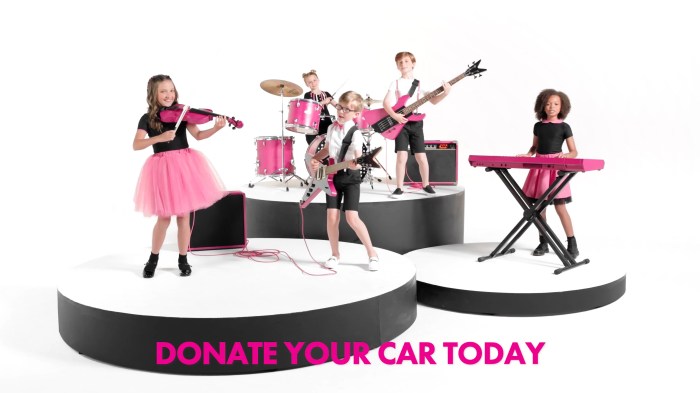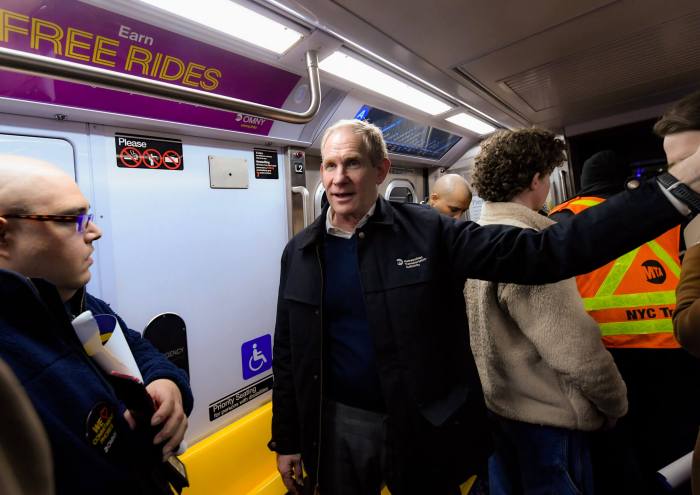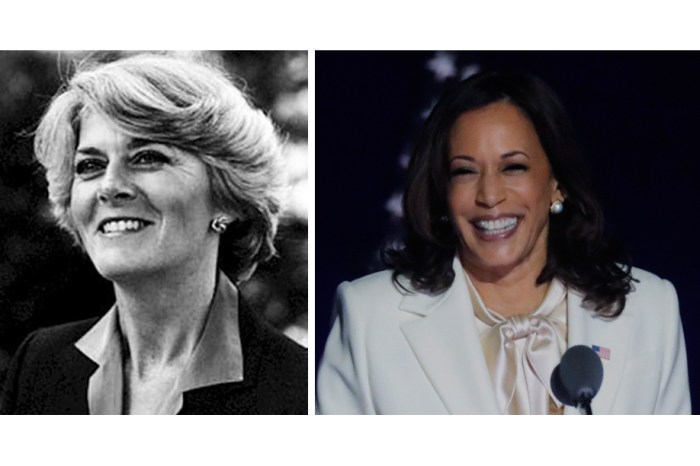Uber and Lyft are bitter rivals in the taxi app game, but they have found common ground: Opposing Taxi and Limousine Commission rules on how people will get their smartphone-summoned ride.
The TLC said Tuesday it will revive a proposal to stop bases from dispatching another base’s car, unless both owners agree — an unlikely scenario between Uber and Lyft. That means drivers who use both services would have a smaller pool of fares and it could be a hurdle for companies to attract enough drivers to meet their demand.
“We are concerned the proposed TLC rule changes will have unintended consequences that limit driver flexibility, reduce consumer convenience and squash innovation in the NYC transportation market,” said David Mack, Lyft’s director of public affairs. Meanwhile, Uber put out a statement that said the TLC rules are “bad for both riders and drivers.”
The Livery Round Table, an industry group, backs the TLC proposal, a spokeswoman said.
The TLC is pushing the rule because drivers from a base affiliated with one company were picking up fares hailed through another service. A for-hire vehicle industry insider, Ira Goldstein of The Black Car Fund, told amNewYork last month an Uber driver picked up his request for a Lyft car.
“This is being done without the knowledge or consent of the vehicles’ affiliated bases,” reads a TLC notice on the proposal. “These new practices have given rise to problems not addressed in the TLC’s rules.”
The proposal, which will be discussed at an Oct. 16 TLC hearing, would only allow a for-hire-vehicle base to send out unaffiliated cars if its base owner agrees; it would require bases to give the TLC trip records, prohibit a base from sending out a different class of car, and require that riders get the name and license number of the car’s affiliated base.
“There are some extremely good reasons for these rules that are grounded totally in passenger protection and driver protection,” said TLC spokesman Allan Fromberg. “Right now, the TLC has no way to ID a driver who is dispatched by an unaffiliated base app.”
Avtar Singh, 28, a driver from Richmond Hill, who uses an Uber car and picks up Lyft fares too, said no passenger has complained about the setup in his 10 months behind the wheel. Driving for both companies, he said, helps him make about $2,500 a week to support his family and cover the $800 rent for the car.
“If I’m working with one company, then I have to wait longer” for passengers, said Singh, who was offered for interview by Lyft. “If I do that, I’m not going to make my money.”

















